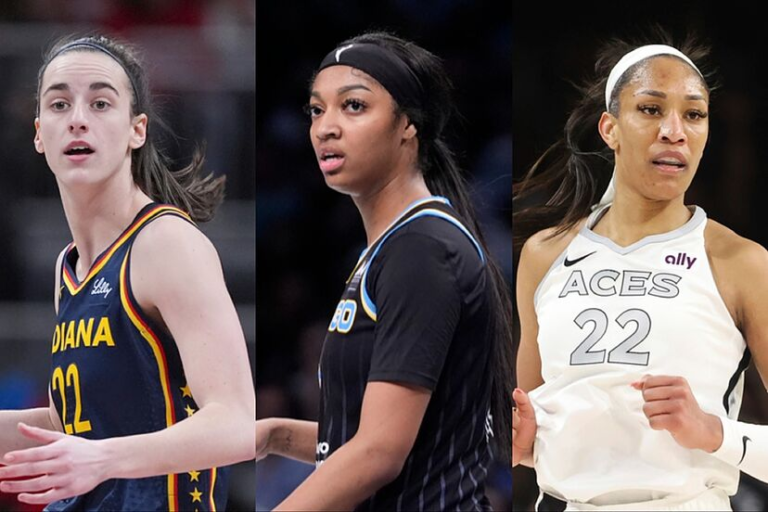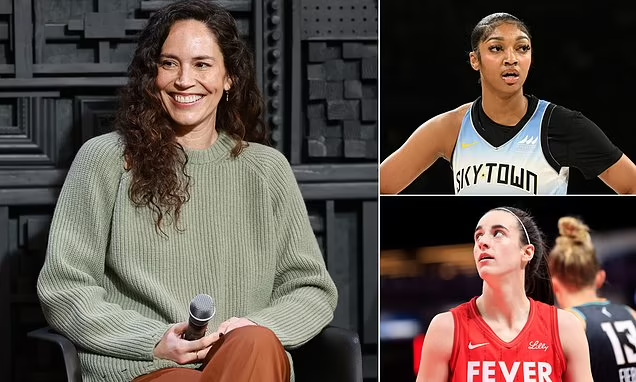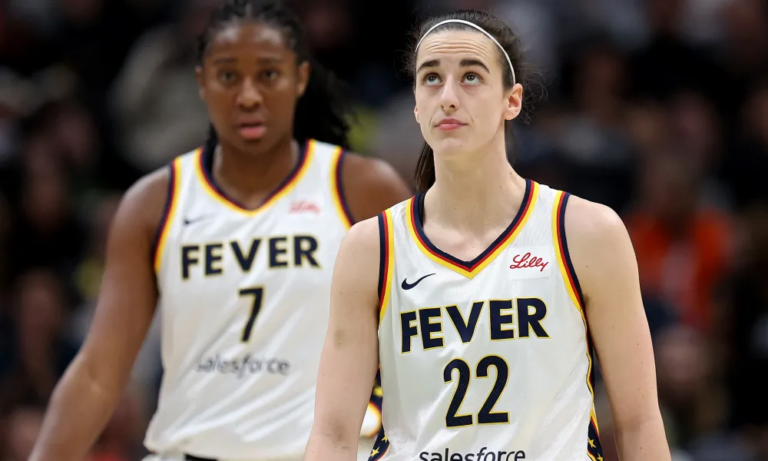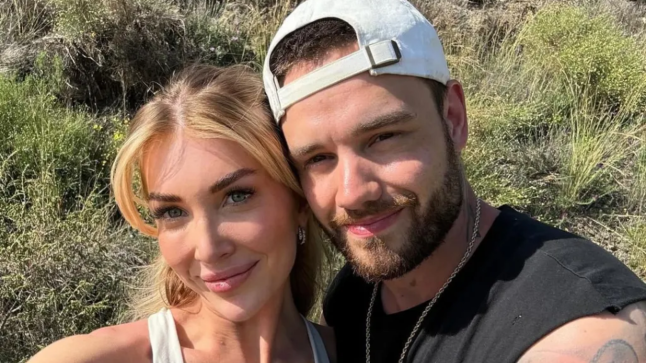
Caitlin Clark has stood firm on her statements about white privilege, reaffirming her perspective despite facing criticism from various commentators. The WNBA star, honored as TIME Magazine’s Athlete of the Year for 2024, used her platform to address systemic inequities and celebrate the contributions of Black players to the league’s history. Clark’s comments, which recognized the privilege associated with her race, sparked polarized reactions, igniting debates across social media and mainstream outlets.
During her TIME interview, Clark noted that the WNBA has “been built on” the talent and resilience of Black players, emphasizing their pivotal role in shaping the league. She stated, “As a white person, there is privilege,” adding that acknowledging and uplifting these players is critical for the league’s continued growth. This candid acknowledgment drew sharp criticism from figures like Megyn Kelly, who accused Clark of “apologizing for being white,” and Jason Whitlock, who dismissed her remarks as “woke.” Their backlash underscored the contentiousness of racial discourse in professional sports.
Speaking at the Year in TIME event in New York, Clark addressed the controversy head-on during a conversation with Maria Taylor. She expressed no regret for her comments, instead doubling down on their importance. “I grew up a fan of this league from a very young age. My favorite player was Maya Moore. I know what this league was about,” Clark said. She highlighted her awareness of the league’s relatively short history and the immense contributions of Black women who have defined its legacy. Clark reiterated her belief in authenticity, stating, “I just try to be real and authentic and share my truth. I feel like that is very easy for me. I am very comfortable in my own skin.”
Megyn Kelly’s criticism described Clark’s remarks as “self-flagellation” and labeled them “condescending” and “fake.” Kelly alleged that Clark was overcompensating by asking for attention to be redirected toward Black players. However, Clark’s stance has sparked broader conversations about equity in the WNBA, particularly regarding the visibility and recognition of Black players. Las Vegas Aces star A’ja Wilson echoed these concerns earlier this year, lamenting that Black players are often overlooked despite their undeniable impact: “It doesn’t matter what we all do as Black women, we’re still going to be swept underneath the rug.”
Clark’s unwavering response to the controversy underscores her commitment to fostering inclusivity and honoring the league’s roots. While some have attempted to weaponize her comments as divisive, Clark remains focused on using her platform to advocate for change. Her ability to navigate these challenging conversations with poise reflects her growth as both an athlete and a public figure, demonstrating her readiness to confront uncomfortable truths for the betterment of the sport she loves.






